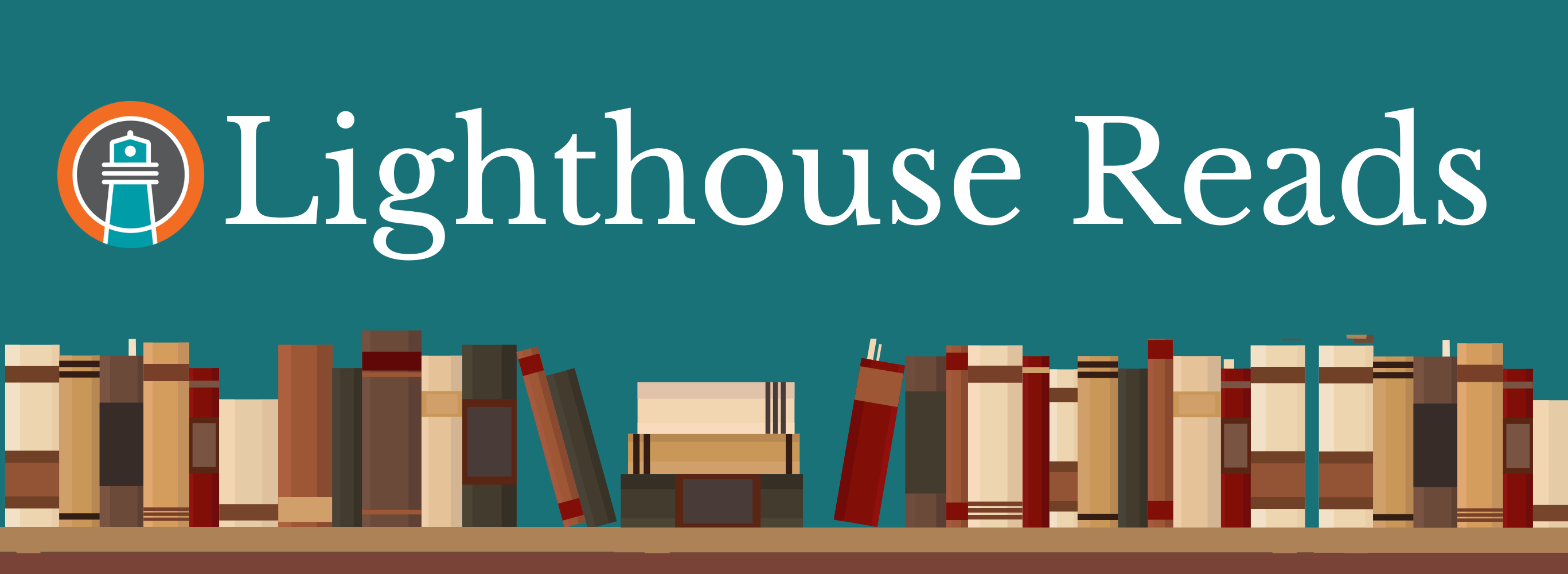
Editor's Note: We'll periodically bring readers a round-up of books recommended by Lighthouse staff.
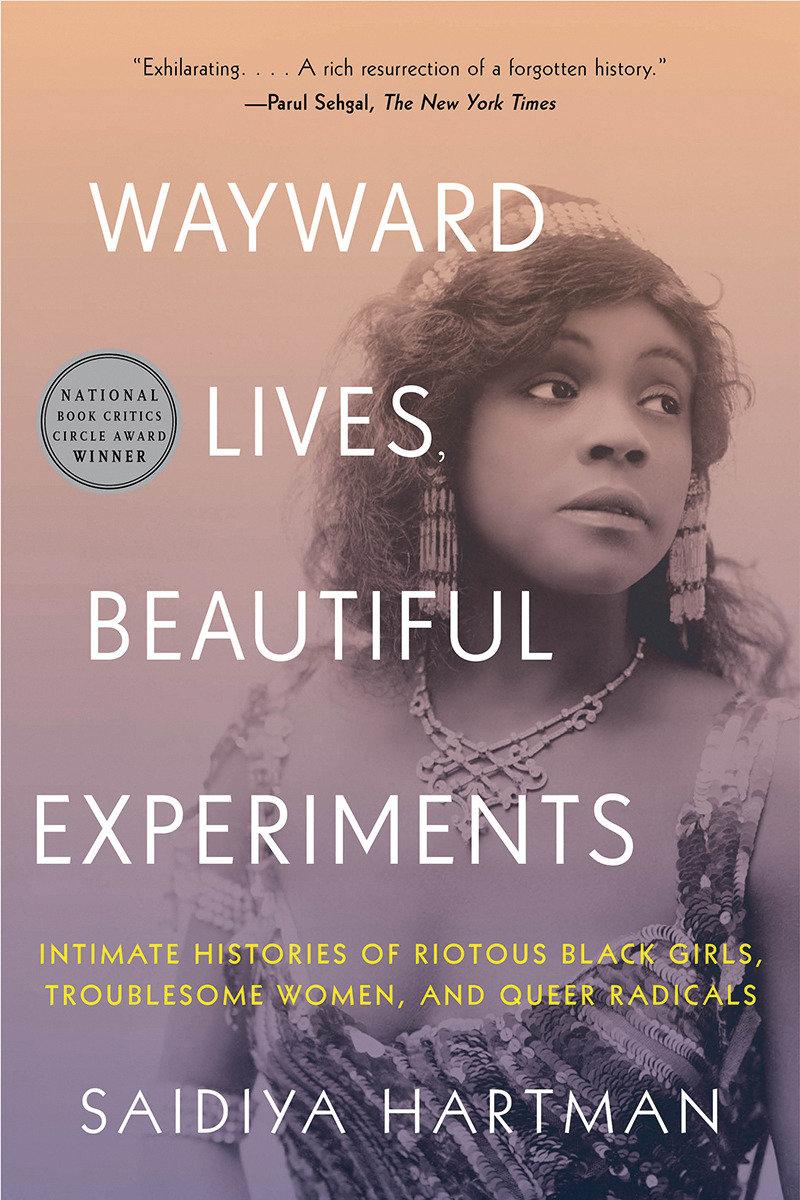 Saidiya Hartman’s work on what she terms “critical fabulation” and “the afterlife of slavery” are transcendent and have done immense work to move literature forward. Her essay “Venus in Two Acts” suggests fascinating and new ways to consider historical archives, and this book, Wayward Lives, Beautiful Experiments is itself an experiment building upon that concept. In it she imagines Black life in New York and Philly in the late 19th century. She describes her work as “bridging theory and narrative,” and this book does that brilliantly, unflinchingly, and with a flair for beauty.—Helen Armstrong-Weier, Young Writers Program Manager
Saidiya Hartman’s work on what she terms “critical fabulation” and “the afterlife of slavery” are transcendent and have done immense work to move literature forward. Her essay “Venus in Two Acts” suggests fascinating and new ways to consider historical archives, and this book, Wayward Lives, Beautiful Experiments is itself an experiment building upon that concept. In it she imagines Black life in New York and Philly in the late 19th century. She describes her work as “bridging theory and narrative,” and this book does that brilliantly, unflinchingly, and with a flair for beauty.—Helen Armstrong-Weier, Young Writers Program Manager
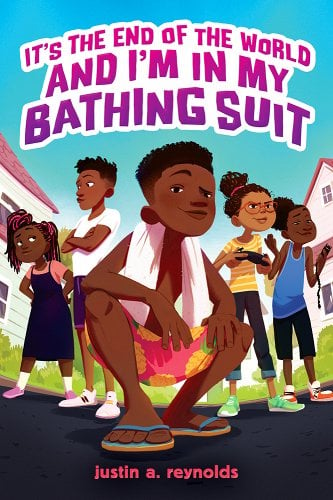 My 7-year-old son and I had so much fun reading this hilarious middle-grade dystopian novel. It's light-hearted and at times ridiculous, but also gently covers issues like dealing with the loss of a parent and coping with ADHD. The main character, Eddie, is likable and relatable to both kids and adults, and you'll find yourself rooting for him throughout. We're looking forward to the follow-up!—Jonna Ashley, Development Manager
My 7-year-old son and I had so much fun reading this hilarious middle-grade dystopian novel. It's light-hearted and at times ridiculous, but also gently covers issues like dealing with the loss of a parent and coping with ADHD. The main character, Eddie, is likable and relatable to both kids and adults, and you'll find yourself rooting for him throughout. We're looking forward to the follow-up!—Jonna Ashley, Development Manager
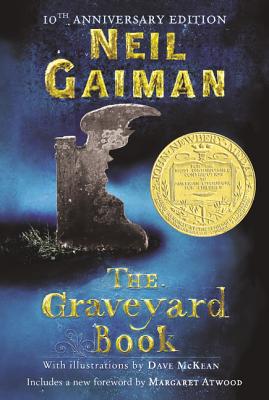 I recently watched an interview with Neil Gaiman where he was asked what book took him the longest to write. He said he wrote the first chapter of The Graveyard Book, then “realized he wasn’t good enough to write it.” Tried again ten years later and put it away again. Then 17 years after the idea, he finally decided, “I’m not getting any better; I have to write it.” As someone who also feels like I’m not good enough to write the story in my head, it was exactly what I needed to hear. Being patient can pay off. The Graveyard Book is Gaiman at his best—it’s characteristically dark, menacing, and magical. It does what great speculative fiction does best and postulates intangible truths like what it means to be remembered, how community shapes us, and that unanswerable questions are sometimes the best ones.—Alexa Culshaw, Marketing and Communications Manager
I recently watched an interview with Neil Gaiman where he was asked what book took him the longest to write. He said he wrote the first chapter of The Graveyard Book, then “realized he wasn’t good enough to write it.” Tried again ten years later and put it away again. Then 17 years after the idea, he finally decided, “I’m not getting any better; I have to write it.” As someone who also feels like I’m not good enough to write the story in my head, it was exactly what I needed to hear. Being patient can pay off. The Graveyard Book is Gaiman at his best—it’s characteristically dark, menacing, and magical. It does what great speculative fiction does best and postulates intangible truths like what it means to be remembered, how community shapes us, and that unanswerable questions are sometimes the best ones.—Alexa Culshaw, Marketing and Communications Manager
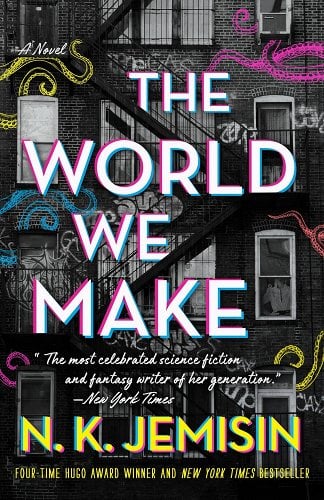 Jemisin’s recent followup to The City We Became (and final book in what is now a duology) is a fun, engaging, completely surreal fantasy story rooted in the power of our cities. As a recovering New Yorker, I loved the way the series explores the personification of New York’s boroughs, and appreciate the ways in which Jemisin expands on this concept in The World We Make. Be prepared for deep explorations into intimate relationships alongside galaxy-brain musings about the interplay and collapse of multiverses.—Jordyn Jefferson, Director of Development
Jemisin’s recent followup to The City We Became (and final book in what is now a duology) is a fun, engaging, completely surreal fantasy story rooted in the power of our cities. As a recovering New Yorker, I loved the way the series explores the personification of New York’s boroughs, and appreciate the ways in which Jemisin expands on this concept in The World We Make. Be prepared for deep explorations into intimate relationships alongside galaxy-brain musings about the interplay and collapse of multiverses.—Jordyn Jefferson, Director of Development
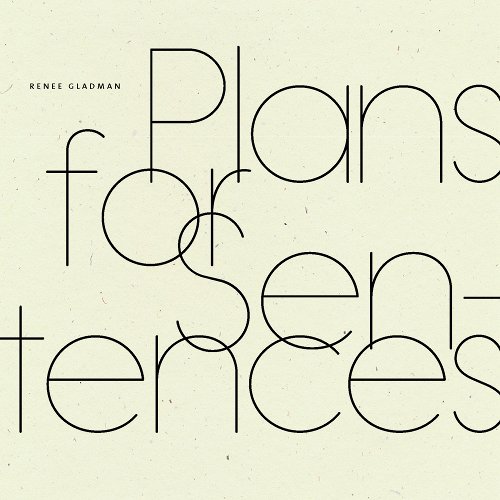 These looping, laser-focused, lyrical digressions could be describing Gladman’s drawings or her terraformed sentences, and they are. We learn the drawings came first, but as in previous books, chronology is relative. What’s absolute is an endlessly inventive writer wringing water out of a narrative stone. How much pressure can a “sentence” as a focus of an artist’s attention withstand? With Gladman—her Ravicka series, her Calamities essays, her drawings, her long-ago poems—the pressure still seems deceptively light while the results continue to be enigmatic bruisers of books I love getting lost in.—Torin Jensen, Special Programs and Content Manager
These looping, laser-focused, lyrical digressions could be describing Gladman’s drawings or her terraformed sentences, and they are. We learn the drawings came first, but as in previous books, chronology is relative. What’s absolute is an endlessly inventive writer wringing water out of a narrative stone. How much pressure can a “sentence” as a focus of an artist’s attention withstand? With Gladman—her Ravicka series, her Calamities essays, her drawings, her long-ago poems—the pressure still seems deceptively light while the results continue to be enigmatic bruisers of books I love getting lost in.—Torin Jensen, Special Programs and Content Manager
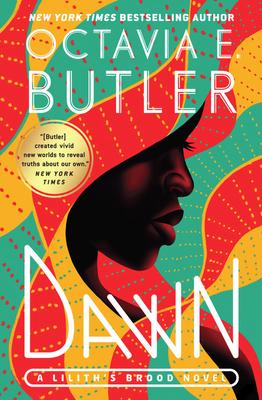 I think most folks know Octavia Butler for her fabulous Parable of the Sower and Kindred, but I’ll always have a special place in my heart for Dawn, and the rest of the Lilith’s Brood series. As things have been feeling slightly apocalyptic lately, I’ve been pondering how Butler imagines a future where we move past “the end of the world” and even the limits of our species, where what we end up with in the end is something more and less human. The agents of this change, the Oankali, are completely wild and portrayed with complexity and an eroticism that you wouldn’t expect from tentacle-based aliens.—Genna Kohlhardt, Assistant Director of Adult Programs
I think most folks know Octavia Butler for her fabulous Parable of the Sower and Kindred, but I’ll always have a special place in my heart for Dawn, and the rest of the Lilith’s Brood series. As things have been feeling slightly apocalyptic lately, I’ve been pondering how Butler imagines a future where we move past “the end of the world” and even the limits of our species, where what we end up with in the end is something more and less human. The agents of this change, the Oankali, are completely wild and portrayed with complexity and an eroticism that you wouldn’t expect from tentacle-based aliens.—Genna Kohlhardt, Assistant Director of Adult Programs
 Once I picked up this book, I couldn’t put it down! The chemistry between the two main characters is undeniable, and the tension made it nearly impossible to pull away from the pages. The backstory of the main character was very relatable and realistic. The small fantastical element that was added by Yoon created an additional sense of whimsy and hopefulness to an already amazing story. I can’t recommend this more. Great for any young adults or teens who are interested in a cultural and romantic read. —Natalie Bullock, Lighthouse Intern
Once I picked up this book, I couldn’t put it down! The chemistry between the two main characters is undeniable, and the tension made it nearly impossible to pull away from the pages. The backstory of the main character was very relatable and realistic. The small fantastical element that was added by Yoon created an additional sense of whimsy and hopefulness to an already amazing story. I can’t recommend this more. Great for any young adults or teens who are interested in a cultural and romantic read. —Natalie Bullock, Lighthouse Intern

